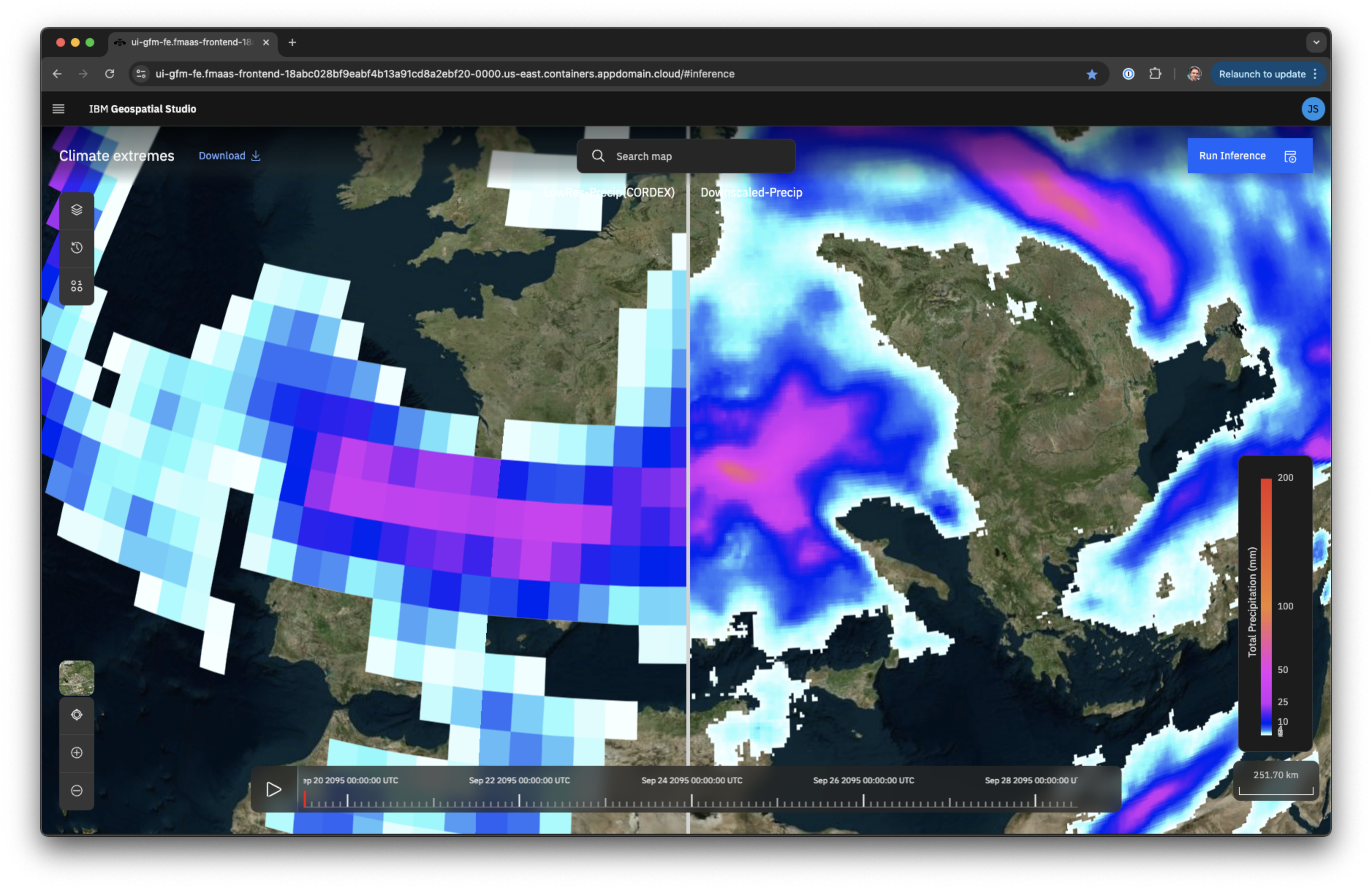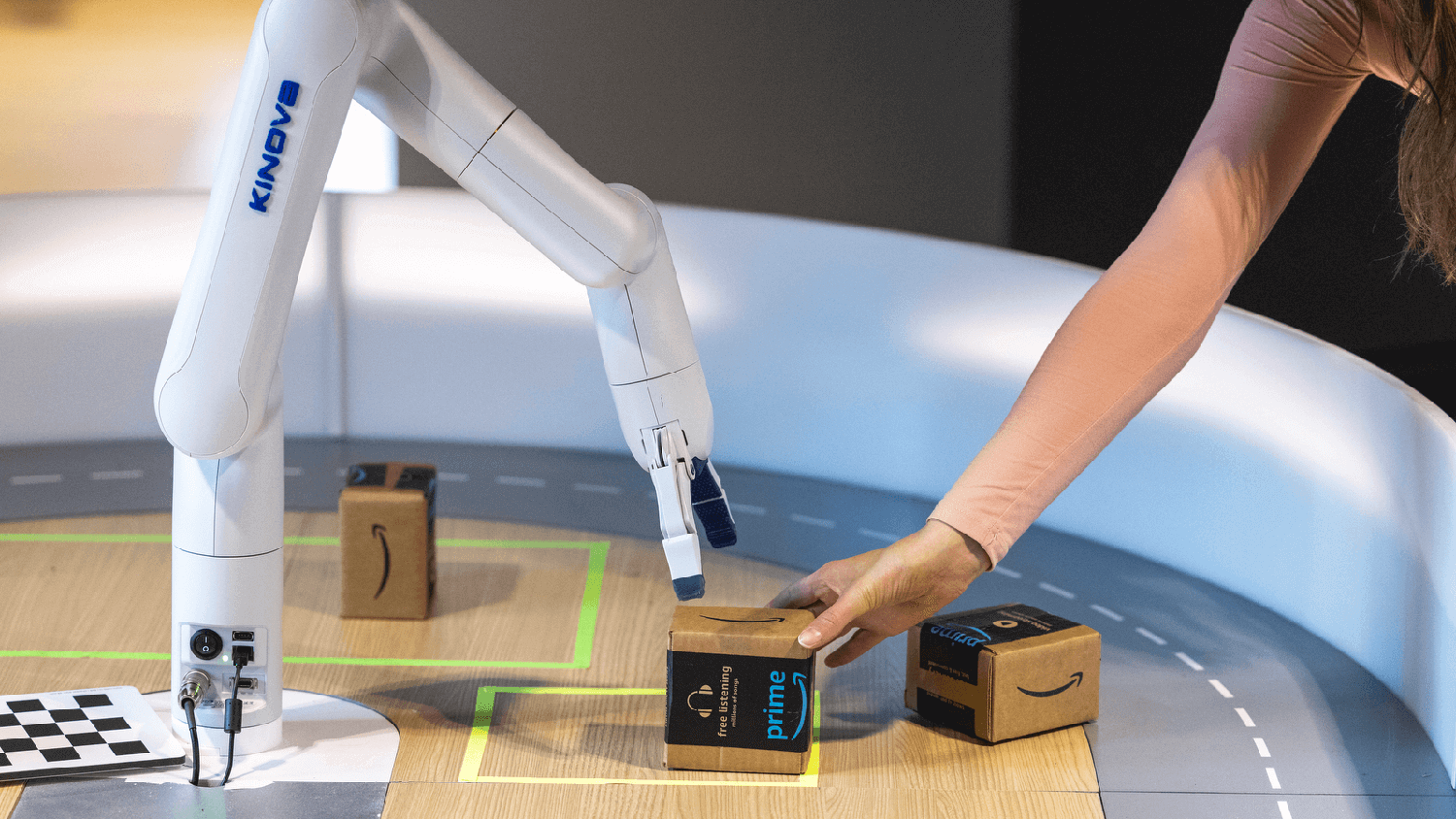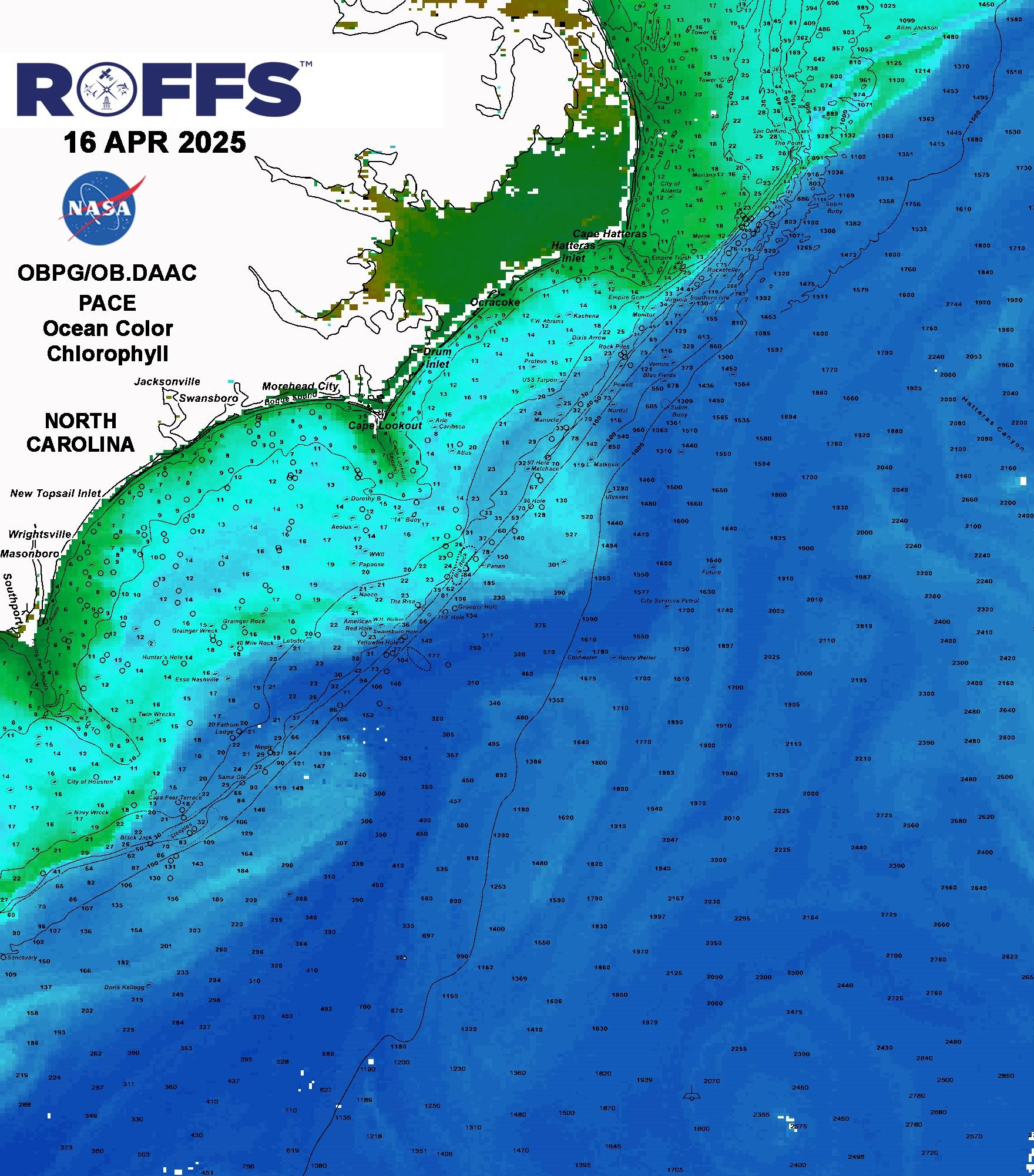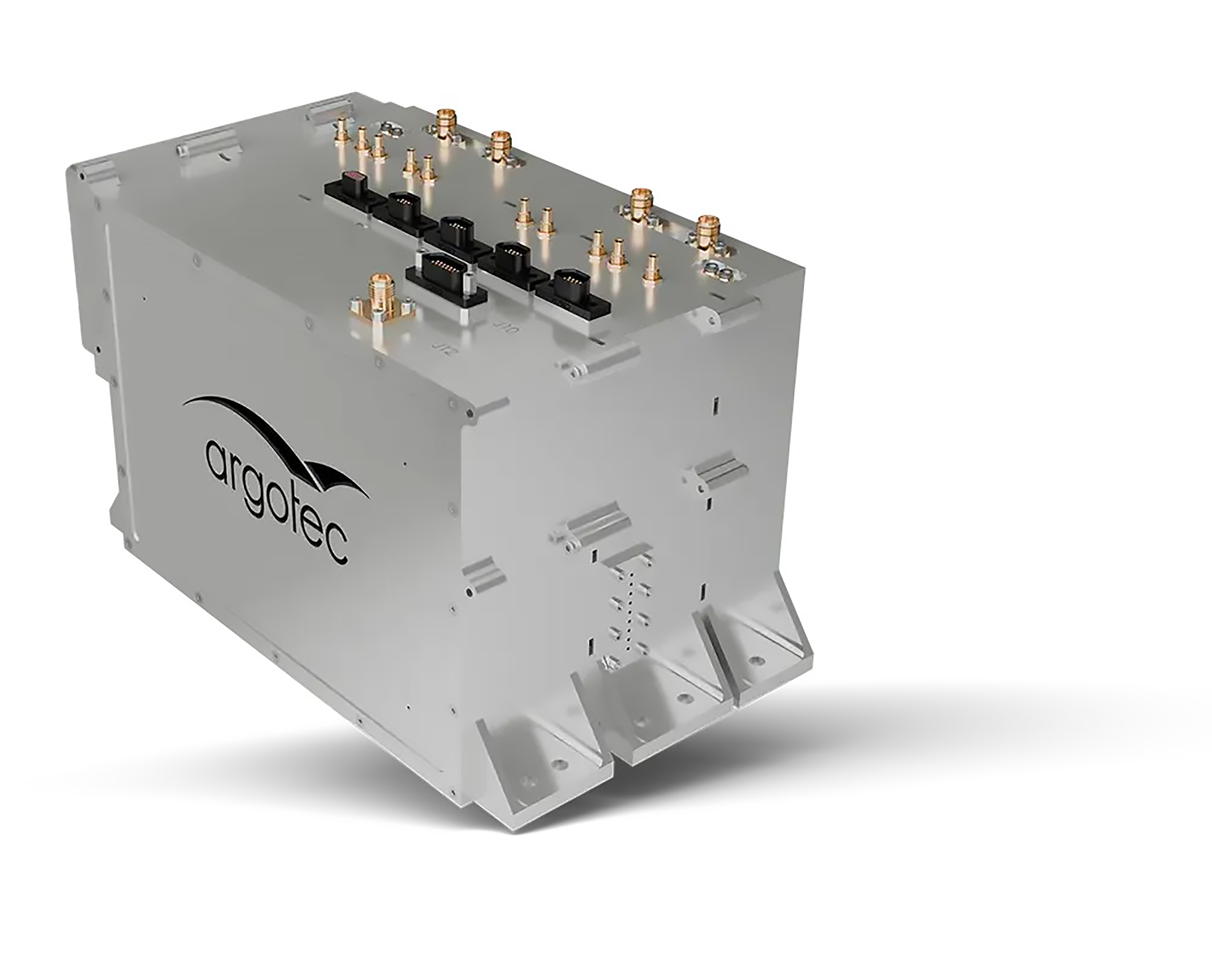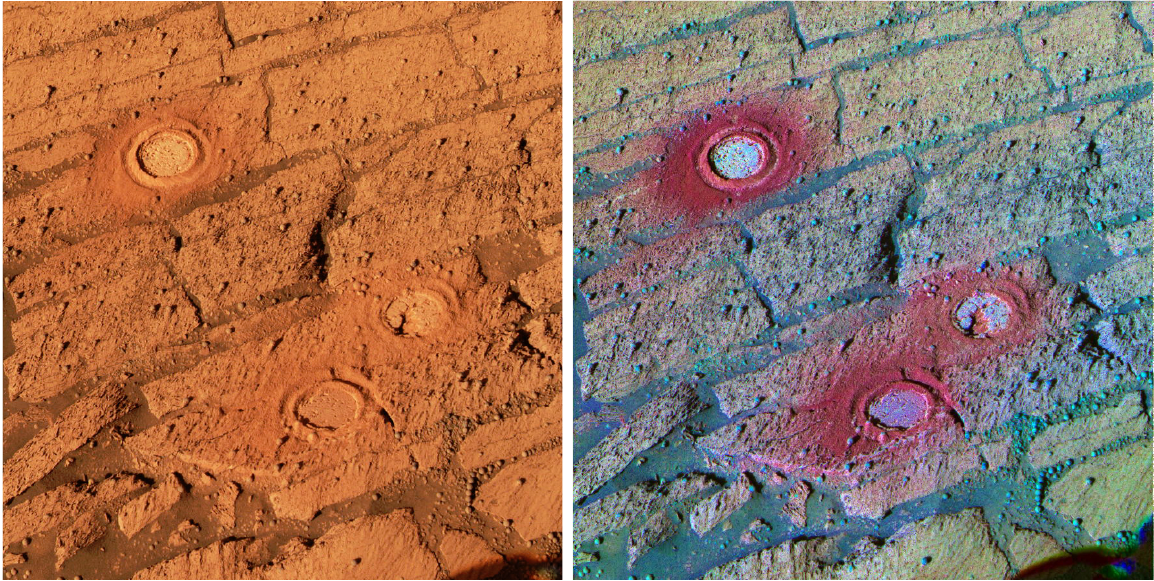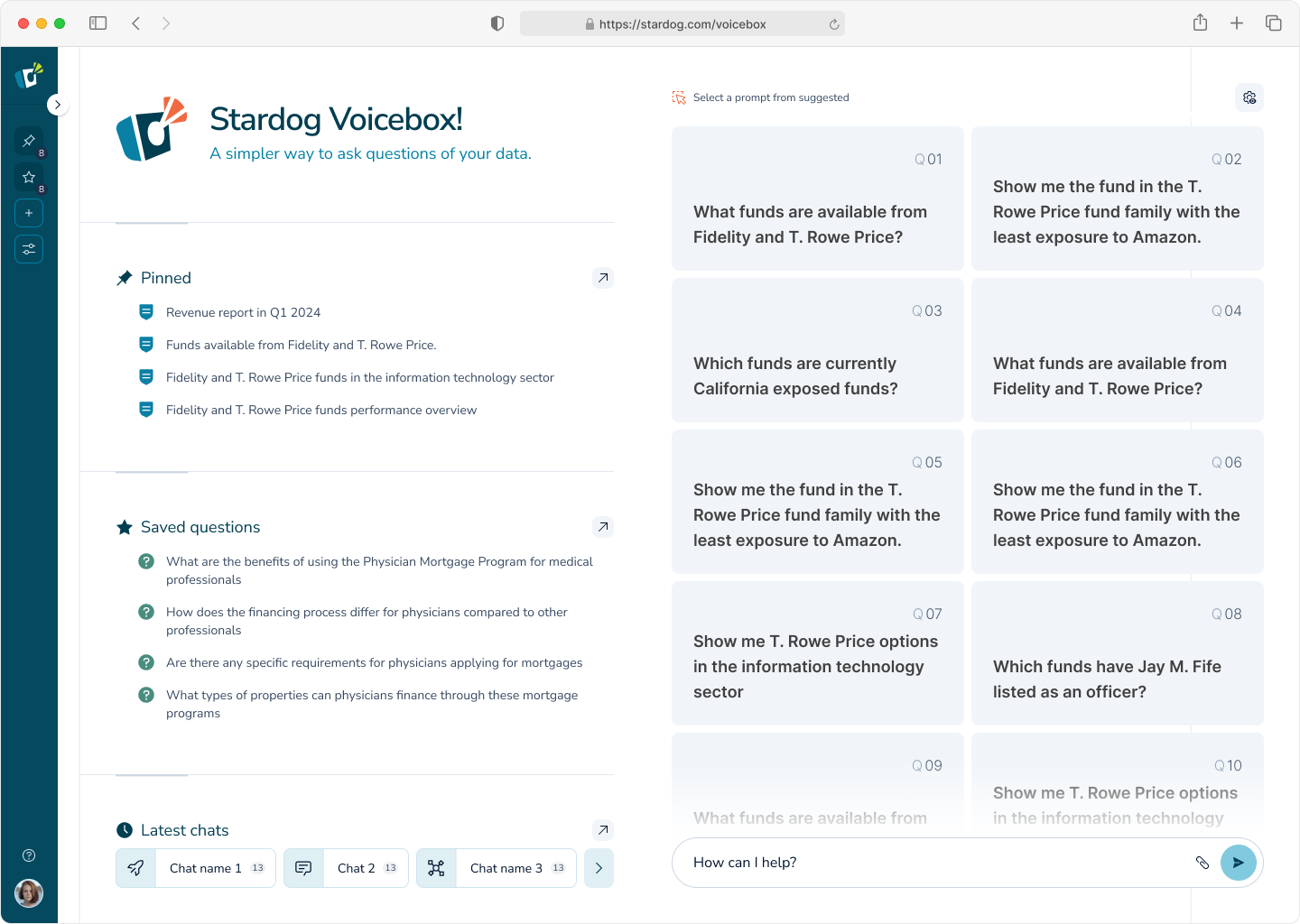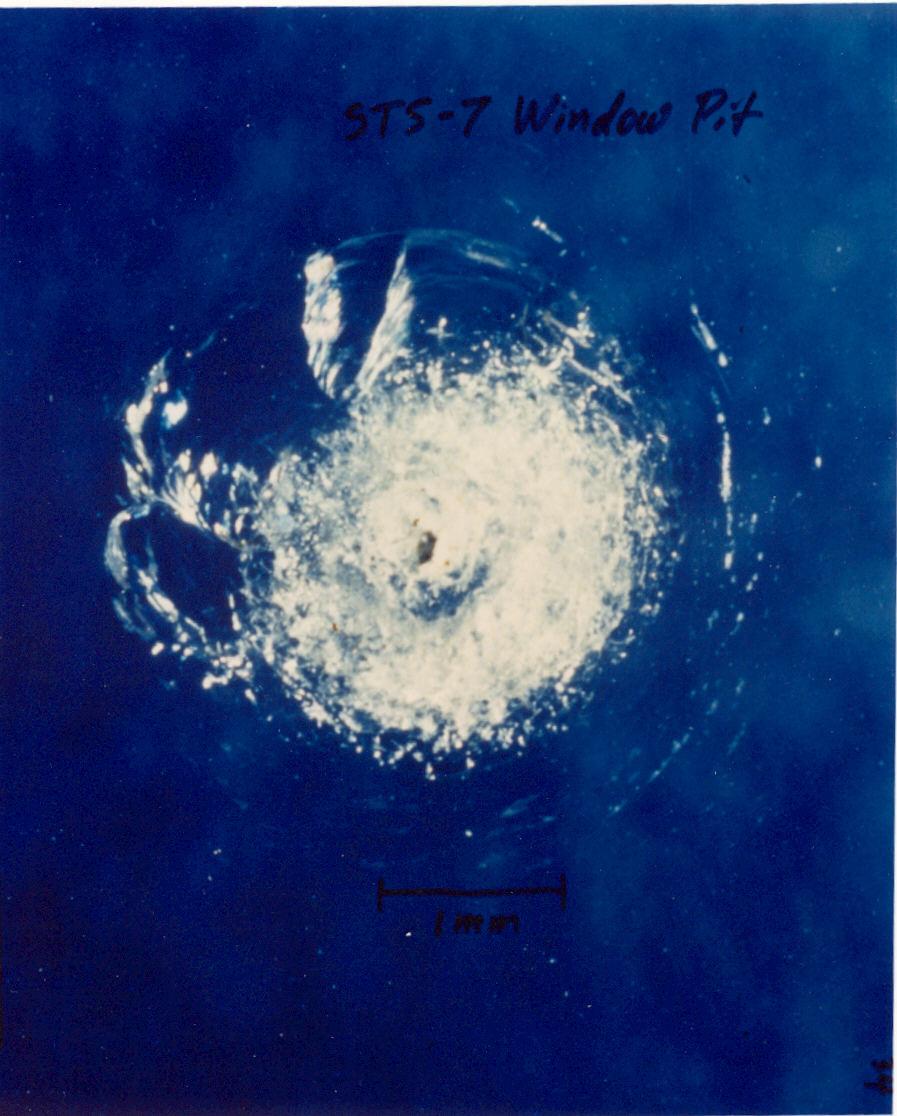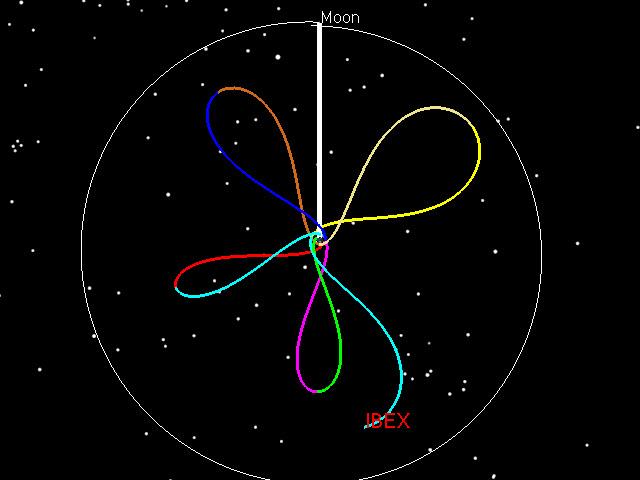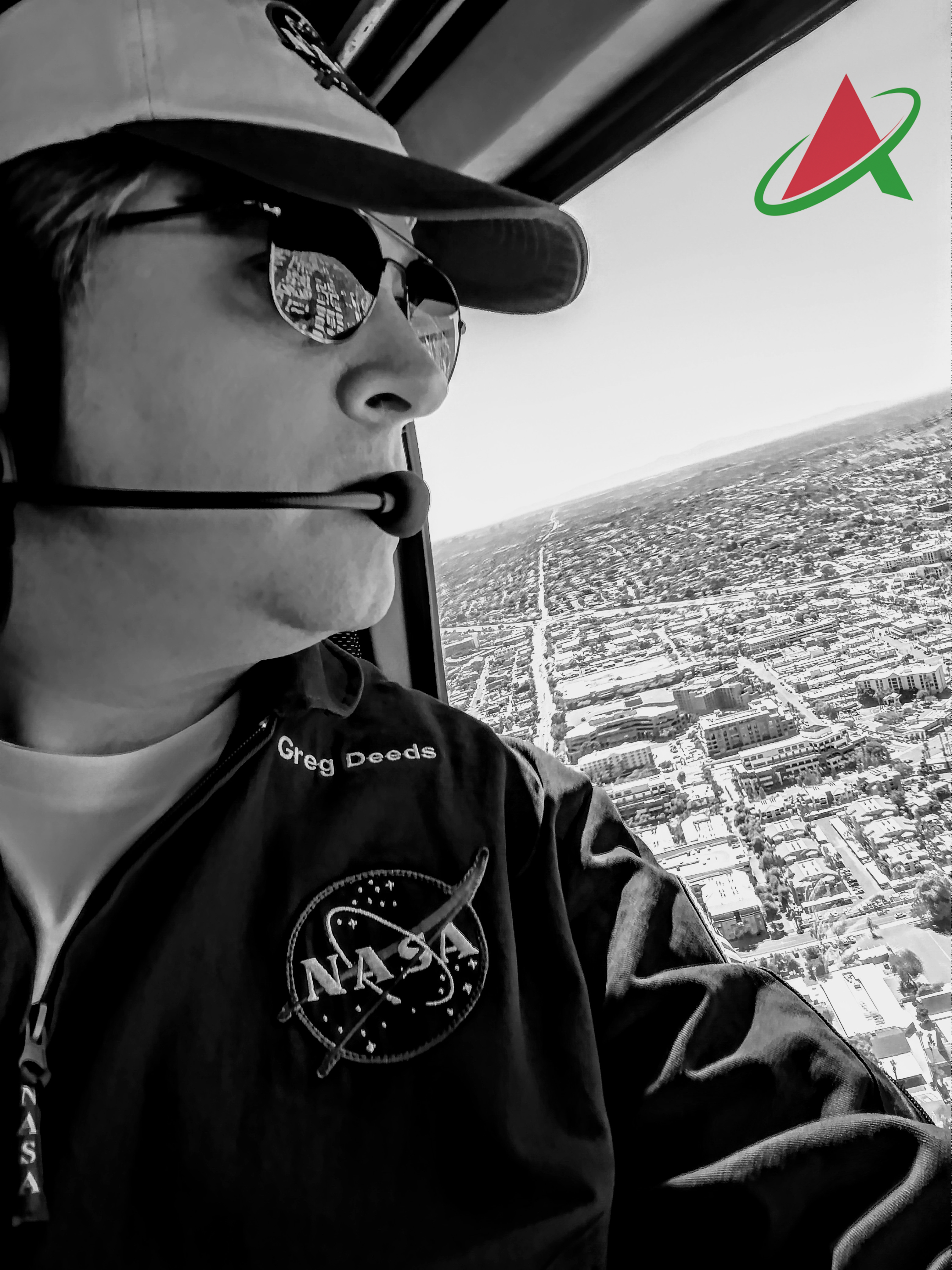Managing Satellites
Operating a satellite requires 24 hour-a-day, 7-day-a-week tender loving care. Telemetry must be acquired routinely, and a watchful eye must be ever present to track and control a spacecraft.
EPOCH 2000™ is from the product line of Integral Systems, Inc. of Lanham, Maryland. This computer software allows ground operators to monitor and control satellites over a wide area network. The software decreases the costs of managing satellites once in space by automating such functions as telemetry processing, commanding, anomaly detection, and archiving collected data.
As a third generation product from Integral Systems, EPOCH 2000 owes part of its heritage from work the company completed to support Goddard Space Flight Center. A decade of valuable NASA experience was incorporated into the company's EPOCH 2000 product line for satellite command and control, says Integral Systems vice president of commercial systems, Steven Carchedi.
Perhaps most people think of satellite control centers as large rooms, packed wall-to-wall with rows of distressed technicians and giant number-crunching computers. EPOCH software is run from individual workstations, tied together via a local area computer network. These workstations operate in an office environment, meaning there is no need for an expensive computer room, power service, or cooling. There is no single point of failure as each workstation operates independently. EPOCH software can be run on essentially any host computer and still maintain communications with all the other processing nodes. The system is designed to operate multiple satellites simultaneously. Since EPOCH 2000 is completely database driven, it can be used for any satellite or ground station configuration.
To meet the NASA challenge, Integral Systems was selected by the Johns Hopkins University Applied Physics Laboratory to support the first NASA Discovery-class mission: the Near Earth Asteroid Rendezvous (NEAR) program. The rendezvous will take place in early 1999 and the NEAR spacecraft will orbit the Asteroid Eros for a year. EPOCH 2000 forms the core of NEAR's command and control ground system back on Earth.
Integral Systems was selected in November 1996 to provide up to 15 Low Earth Orbit Autonomous Ground Terminal (LEO-Ts) for NASA. The LEO-T systems are to be delivered under contract to NASA's Wallops Flight Facility at Wallops Island, Virginia. The LEO-T is designed to make it easier and less expensive for principal investigators to obtain telemetry, tracking and control services for their science missions.
Founded in 1982, Integral Systems has grown to be a leading provider of satellite command and control systems to government and commercial customers, such as AT&T, GE Americom and TRW. Company revenues have climbed to over $11 million, with over 100 employees working at its headquarters. Its commercial-off-the-shelf satellite software products have supported well over 70 satellite missions aimed at scientific research, meteorology, or communications applications.
EPOCH 2000 is a trademark of Integral Systems, Inc.
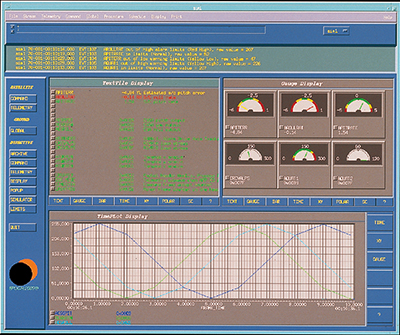
ntegral Systems, Inc.'s EPOCH 2000 forms the core of NASA's Near Earth Asteroid Rendezvous mission's command and control ground system. Managed by the Johns Hopkins University Applied Physics Laboratory, the satellite was launched in February 1996




